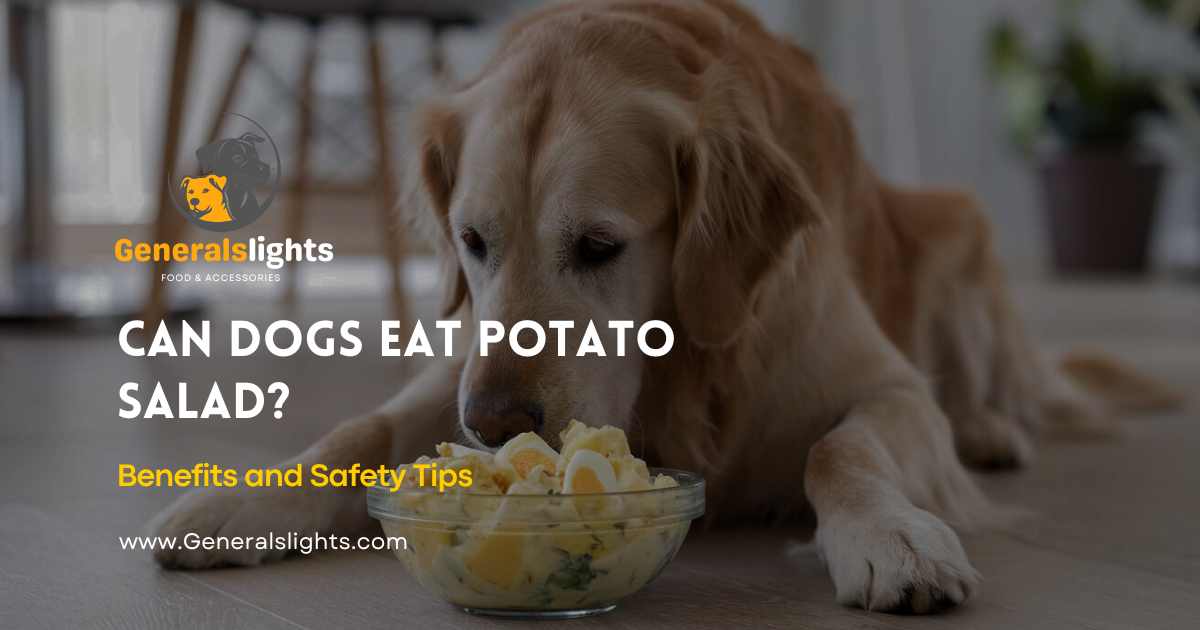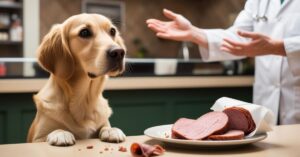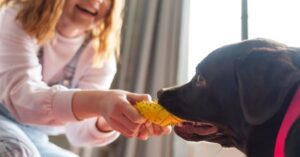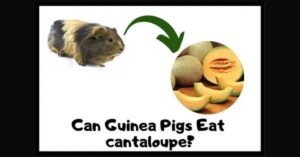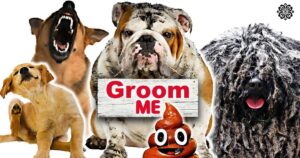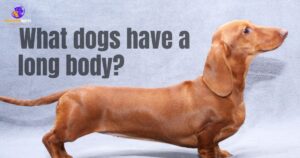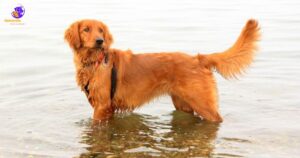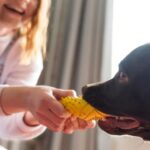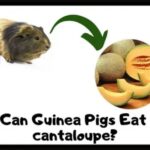Can dogs have potato salad?: This kind of food is asked about often and it is important that we set the record straight. Rather than focusing on the potential dangers of feeding your pet some foods, this article explores them, names such forbidden foods as onions and mayonnaise, and gives healthier substitutes that can be fun and healthy for your pet.
Do you believe that offering your dog a small taste of your delicious potato salad in between snickers is a no-biggie thing? Think again. One can imagine a tasty snack, which might turn out to be dangerous. Choose what to share, and always discover the concealed dangers and guarantee that your pet is not harmed. Can Dogs Eat Potato Salad?
Potato salad is not safe for dogs because the preparation includes ingredients such as onions, garlic, and mayonnaise. Plain potatoes may be safe for dogs to eat but all the other components that may come with potato salad should be avoided.
What is a Potato Salad?
Potato salad is one of the most traditional recipes in which boiled potatoes are combined with elements such as mayonnaise, mustard, onions, and pickles. This can also comprise celery together with its juice, eggs and certain spices.
This is usually eaten cold and is famous for its processed creaminess and tartness. However, many of its ingredients including but not limited to onions and mayonnaise are dangerous for the health of the dog. Nutritional Needs of Dogs
Dogs need to be fed foods that are complex in proteins, fats, vitamins, and minerals. Meat is a source of protein, complex carbohydrates for energy and fat needed for skin and coat.
Also, some certain vitamins and minerals are essential for a dog such as calcium as well as phosphorus for the bones. But while humans can assimilate many foods that dogs cannot, certain fruits and vegetables all in the list can be toxic to dogs.
Differences between human and canine diets

Human Diet
- Protein Needs: Humans need a balanced protein intake for muscle repair and overall health, but not as high as dogs.
- Carbohydrates: Humans require higher carbohydrates for energy, supporting activities and maintaining energy levels throughout the day.
- Taurine: Taurine is not essential for humans, as our bodies produce it naturally from other nutrients.
- Fibre: Humans need a higher intake of dietary fibre for digestive health, preventing constipation and promoting gut health.
- Toxic Foods: Humans can consume foods like onions and chocolate, which are safe for us but toxic to dogs.
Canine Diet
- Protein Needs: Dogs need more protein than humans to support muscle growth, repair, and overall health.
- Carbohydrates: Dogs require fewer carbohydrates, relying more on proteins and fats for energy and sustenance.
- Taurine: Dogs need taurine in their diet for heart and eye health, as they cannot synthesize it sufficiently on their own.
- Fibre: Dogs have lower fibre requirements compared to humans, and too much fibre can cause digestive issues.
- Toxic Foods: Certain human foods, such as onions and chocolate, are toxic to dogs and should be avoided in their diet.
Common human foods that are safe and unsafe for dogs
Some of the foods which should not be given to dogs include avocado, chives, onions, garlic, nutmeg, grapes, raisins, and currants. They include chocolate, grapes, onions, garlic, etc., since they have poisonous elements, and can cause digestive disorders or even lead to the death of a dog.
Variations in potato salad recipes
- Classic Potato Salad: Features boiled potatoes mixed with mayonnaise, mustard, celery, and onions, seasoned with salt and pepper, for a creamy, tangy flavour.
- German Potato Salad: Includes warm, boiled potatoes tossed with bacon, onions, vinegar, and a mustard-based dressing, offering a tangier and less creamy texture.
- Vegetarian Potato Salad: Combines boiled potatoes with fresh herbs, diced vegetables like bell peppers and cucumbers, and a light vinaigrette, providing a healthier, lighter alternative to traditional recipes.
The general nutritional profile of potato salad
A 1-cup serving of potato salad typically contains 200-300 calories, 10-20 grams of carbohydrates, 25-35 grams of protein, 3-5 grams of fibre, 2-4 milligrams of sodium, and 300-500 milligrams of fat.
This profile indicates a calorie-dense dish with a moderate amount of protein and fibre, but also high in fat, which may not be ideal for dogs.
| Nutrient | Amount (per 1 cup serving) |
| Calories | 200-300 kcal |
| Carbohydrates | 10-20 g |
| protein | 25-35 g |
| Fibre | 3-5 g |
| Sodium | 2-4 g |
| Fat | 300-500 mg |
Ingredients in Potato Salad: Are They Safe for Dogs?
Potatoes cooked in any way are usually considered safe for dogs, but read [what] mayonnaise, onions and garlic that are often present in potato salad can cause.
Mayonnaise is fat-rich; therefore, may result in digestive problems; onions and garlic are poisonous. Also, some seasonings and other ingredients that may be used in making potato salad may be toxic to the dog and hence should not be given to the dog.
Potatoes
Cooked Potatoes: Safe for dogs, provide essential nutrients like vitamins B and C, and are easily digestible. They can be a good source of energy and fibre.
Raw Potatoes: Contain solanine, a toxic compound that can cause nausea, vomiting, and digestive upset in dogs. They are harder to digest and can lead to health issues.
Nutritional Benefits: Cooked potatoes offer vitamins, minerals, and fibre. They are a good energy source and can aid in digestion when served plain and in moderation.
Mayonnaise
High-Fat Content: Mayonnaise is high in fat, which can lead to obesity, pancreatitis, or digestive issues in dogs if consumed in large quantities or frequently.
Digestive Issues: The richness of mayonnaise may cause gastrointestinal upset, including vomiting and diarrhoea, particularly if a dog’s digestive system is sensitive or if consumed in excess.
Concerns with Ingredients: Mayonnaise often contains eggs and vinegar. Eggs can cause allergies or digestive issues, while vinegar may irritate the stomach, making mayonnaise an unsuitable treat for dogs.
Onions and Garlic
Toxicity: Onions and garlic contain compounds that can damage red blood cells in dogs, leading to toxicity and anaemia.
Symptoms: Symptoms of poisoning include vomiting, diarrhoea, lethargy, and abdominal pain, which can develop hours to days after ingestion.
Severity: The severity of symptoms depends on the amount consumed and the dog’s size; severe cases require immediate veterinary attention.
Other Common Ingredients
Mustard: Contains compounds that can irritate a dog’s digestive system, causing nausea, vomiting, and stomach upset.
Pickles: High in sodium and spices, pickles can lead to salt poisoning, dehydration, and digestive issues in dogs.
Celery: Generally safe in small amounts, but excessive celery can cause digestive upset or gastrointestinal discomfort in dogs.
Potential Risks of Feeding Potato Salad to Dogs
The potential risks of feeding potato salads to dogs are the risk of digestive upset, risk of obesity and pancreatitis due to high-fat content, toxicity concerns and long-term health impacts if consumed regularly all of them are described below;
Risk of digestive upset
Some of the components in potato salad such as mayonnaise and seasonings may lead to stomach upset such as vomiting, diarrhoea and abdominal pain in dogs. Flights and different types of milk ‘high in fat’ can upset their tummy and their digestion.
Risk of obesity and pancreatitis due to high-fat content
Given that potato salad is rich in fats, feeding your dog potato salad can lead to obesity, as well as pancreatitis. Fat is burdensome for their digestive system hence poses a risk of weight gain and seething.
Toxicity concerns
Food such as onions and garlic are toxic to dogs and they may lead to disorders such as red blood cell damage and gastrointestinal problems in dogs in case they take food with potato salad. Do not give it to the pets.
Long-term health impacts if consumed regularly
Eating potato salad causes a long-term effect on dogs’ health for it leads to obesity, pancreatitis, and nutritional problems because of high fat content and toxins.
Signs Your Dog Has Eaten Potato Salad
To be safe, monitor your dog for signs of vomiting, diarrhoea, abdominal pain, listlessness or changes in behaviour if you think your pet has eaten potato salad.
One should observe their condition keenly and take them to the vet if the symptoms do not change, or get even worse especially if they have ingested toxic substances such as onions or garlic.
Symptoms of food poisoning or digestive distress
Signs of gastroenteritis in dogs are vomiting, diarrhoea, tummy pain, lack of energy and reduced appetite. The following are some of the signs that require the owner to seek veterinary attention:
When to seek veterinary care
However, in case the dog has a constant condition of vomiting, diarrhoea, severe stomach pain, fatigue or toxins, one should consult a vet for the dog. They require early treatment which is especially if they consume toxic ingredients or if the symptoms escalate.
Immediate steps to take if your dog consumes potato salad
Your dog ought to be watched for signs of illness if it has eaten potato salad, keep them away from additional food and consult with the vet. Give the details of the substances taken inside the body to be in a position to respond appropriately.
Preventative measures to avoid accidental ingestion
As such, avoid eating areas or placing candies and other human foods within the reach of the pets, and in the same manner, inform relatives or members of the house on safe practices for pets, and ensure that all litter inside and outside the house are properly buried and disposed of.
Healthy Alternatives: Safe Homemade Dog-Friendly Potato Recipes
But in a quest for something safe for both the humans and the dogs to eat, avoid any fancied boiled potatoes with any enhancements. They can be combined with plain, low-fat yogurt and choice vegetables for the dogs such as carrots or even green beans.
No seasoning or high amounts of fats should be used. It should be taken moderately though to avoid disruption in digestive tracts and to be consistent with dietary requirements.
Importance of moderation and a balanced diet
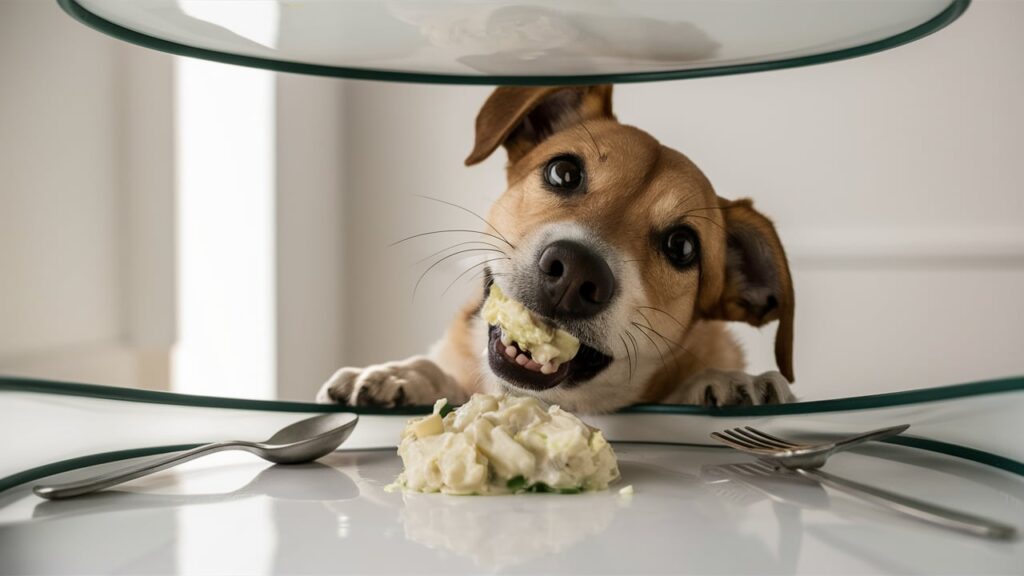
Prevents Obesity
Moderation helps prevent overfeeding, reducing the risk of obesity and its related health issues, like diabetes and joint problems.
Maintains Digestive Health
Balanced diets ensure proper digestion and prevent gastrointestinal issues, such as constipation or diarrhoea, by providing the right mix of nutrients and fibre.
Promotes Nutritional Balance
A varied diet covers all essential nutrients, preventing deficiencies and ensuring your dog receives adequate vitamins, minerals, and proteins for overall health.
Supports Long-Term Health
Consistent, balanced feeding helps maintain energy levels, supports healthy skin and coat, and reduces the risk of chronic diseases over your dog’s lifetime.
Avoids Behavioral Issues
Proper diet and portion control can prevent behavioural problems related to hunger, such as aggression or excessive begging, fostering a well-behaved and happy pet.
Dietary Fats and Oils
- Human Diet: Humans often include various oils and fats, such as olive oil and avocado, for flavour and health benefits. Moderation is key to preventing excess calorie intake.
- Canine Diet: Dogs benefit from healthy fats, like those from fish or flaxseed oil, for coat health. However, excessive fats can lead to obesity and pancreatitis.
Essential Vitamins and Minerals
- Human Diet: Humans require a diverse range of vitamins and minerals from fruits, vegetables, and grains to support overall health and prevent deficiencies.
- Canine Diet: Dogs need specific vitamins and minerals, like vitamin A and calcium, tailored to their dietary needs, often provided through balanced commercial dog foods or supplements.
Tips for incorporating potatoes into a dog’s diet safely
- Cook Thoroughly: Always cook potatoes to eliminate toxins.
- Serve Plain: Avoid adding seasonings or oils.
- Introduce Gradually: Start with small amounts.
- Remove Green Parts: Discard any green or sprouted areas.
- Monitor Health: Watch for digestive issues.
- Consult Your Vet: Check with your vet before adding potatoes.
Educational Resources and Tools for Pet Owners
Books
Read comprehensive guides like “The Complete Guide to Dog Nutrition” for detailed insights on dog diets, nutritional needs, and health tips to keep your pet in optimal condition.
Websites
Utilize reputable sites such as the American Kennel Club (AKC) for reliable information on dog care, training, and nutrition, ensuring you follow expert advice and best practices.
Apps
Use pet health apps to monitor your dog’s diet, track wellness, and manage health records, helping you stay organized and informed about your pet’s nutritional needs and overall care.
Veterinary Consultations
Schedule regular vet visits to receive personalized advice on your dog’s diet and health, ensuring you address specific needs and adjustments based on professional recommendations.
FAQs
Can dogs eat potatoes?
Yes, but only cooked potatoes. Raw potatoes contain solanine, which is toxic to dogs.
Are potatoes good for dogs?
Cooked potatoes are healthy in moderation, providing nutrients and fibre, but should be served plain.
Can dogs eat potato salad?
Potato salad contains harmful ingredients like onions and garlic, which are toxic to dogs.
How much potato can I give my dog?
Offer cooked potatoes in small amounts, as an occasional treat, to avoid digestive issues or weight gain.
What are the signs of a potato allergy in dogs?
Symptoms include itching, hives, vomiting, or diarrhoea. If observed, consult your vet for advice.
Final Thoughts
As a result, although cooked potatoes can be regarded as a tasty impeachment for dogs, potato salad is normally inadvisable due to dangerous components, such as onions and mayonnaise. At all times, ensure you protect your dog’s health from harm by taking your dog through hazardous types of food and only feed the dog safe and quality treat food. Before changing their diet, or rather before adding new food products to their diets, consult the veterinarian.
Read More :
- Can Dogs Eat Meatballs
- Can Cats Eat Goldfish
- Can Dogs Have Waffles
- Central Asian Shepherd Dog Health Problems
- Can Cats Eat Vienna Sausage

Emerson is an expert in the world of pets, specializing in understanding diverse breeds, nutrition, and health. His deep knowledge ensures your pets receive the best care, from balanced diets to top-notch health advice, keeping them at their happiest and healthiest.
